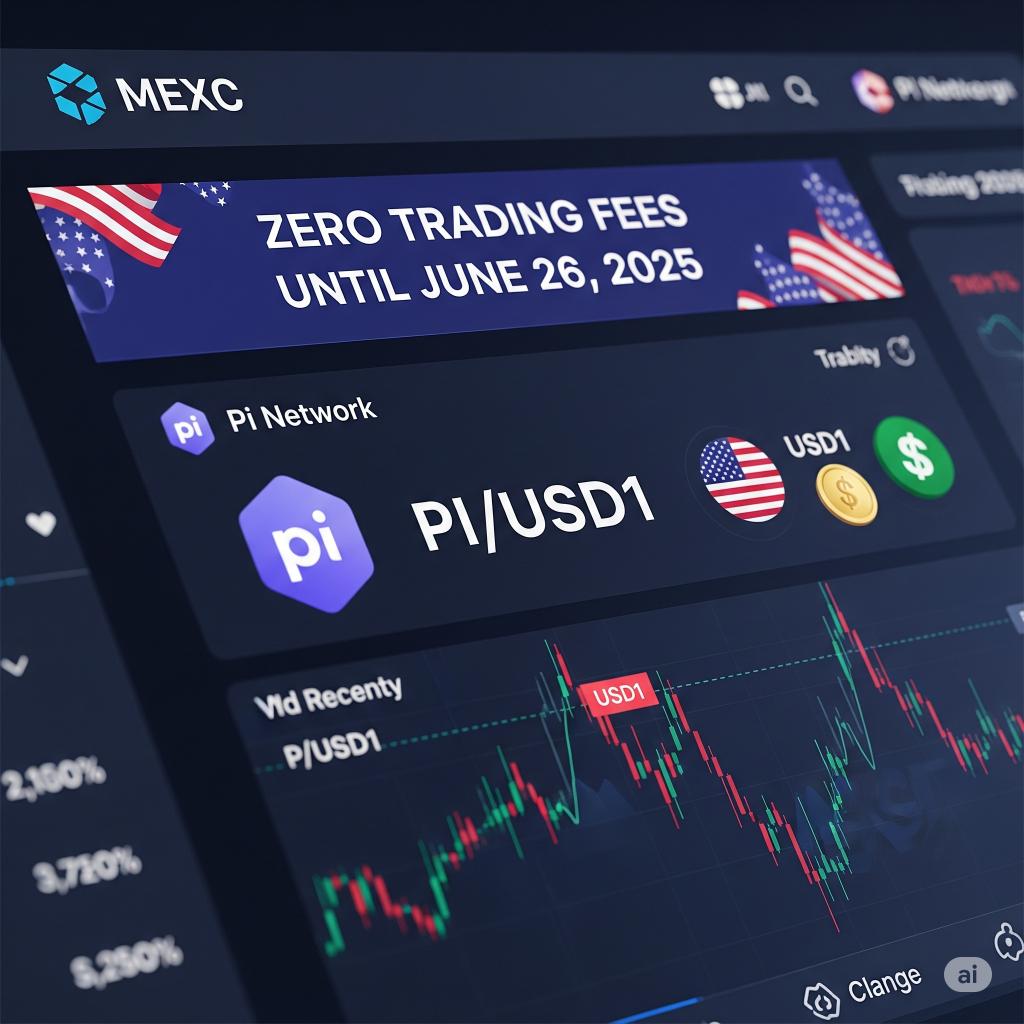Ukraine will not accept any peace proposal that involves giving up its territory to Russia. This firm statement came from Ukrainian President Volodymyr Zelensky on Saturday, only hours after U.S. Pres...
Pristina, Kosovo — Global pop sensation Dua Lipa has been officially granted citizenship of Kosovo by the country’s president, Vjosa Osmani, in a ceremony that has captured the attention of fans world...
Washington, D.C. — President Donald Trump has announced that he will meet with Russian President Vladimir Putin next Friday, August 15, in Alaska. The meeting, which is expected to draw significant gl...
In today’s fast-changing world of finance and technology, DXNOSAMA, a well-known wellness brand in Jordan, is taking a bold step toward the future. The company, which offers 100% natural health and be...
Miegu Apartments in Lithuania Now Accepts Pi Network Payments – A Step Toward Crypto-Friendly Travel
Druskininkai, Lithuania — In a significant step toward embracing decentralized finance, Miegu Apartments has officially started accepting Pi Network (PI) as a form of payment for its accommodat...
In a fun and unexpected moment, Taylor Swift sang her hit song “Love Story” with NFL stars Travis Kelce and George Kittle. The special moment happened after a charity NFL event in Los Angeles, where p...
The 2025 NBA offseason has brought big changes across the Eastern Conference. From blockbuster trades to key free-agent signings, teams are retooling and preparing for a new title run. Two franchises—...
In a significant diplomatic moment, Ukrainian President Volodymyr Zelensky praised former U.S. President Donald Trump for his strong stance on resolving the war in Ukraine. Zelensky’s statement came s...
Santa Croce Camerina, Sicily — Meliodika Studio, a forward-thinking independent recording studio and music label, has taken a bold step into the future by officially accepting Pi Network (Pi Coin) as ...
Are you looking for a peaceful and beautiful place to relax, while also enjoying modern technology? Hotel El Maltese in Granada, Nicaragua, may be the perfect destination for you. Located beside Lake ...










